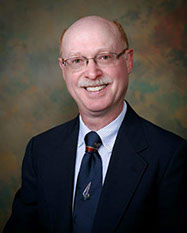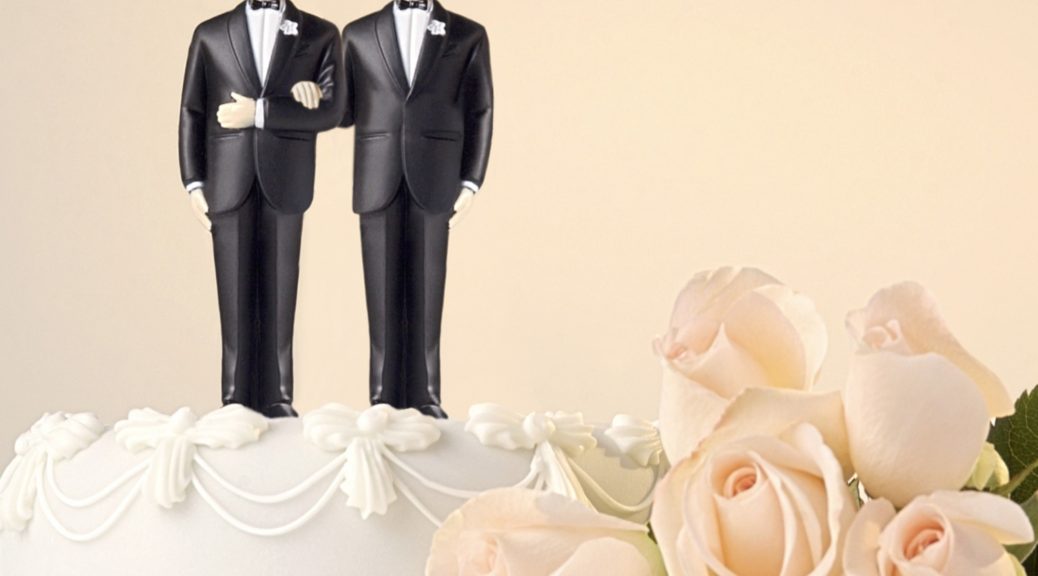The United States Supreme Court will soon have a decision on Masterpiece Cakeshop v. Colorado Civil Rights Commission. The decision is one of the most anticipated in the present term of the Court as it examines the rights of creative professionals to withhold their services based on religious objections. The Court must decide based on what seems to be a conflict of free speech and free exercise of religion, both provided under the First Amendment of the Constitution, and anti-discrimination law.
The facts of the case are as follows. In July 2012, Charlie Craig and David Mullins decide to get married. It was to be a same-sex marriage which, at that time, was not recognized in Colorado. They planned to be married in Massachusetts and then have a reception at a Denver restaurant. In anticipation of the Denver reception, they went to Masterpiece Cakeshop in Lakewood Colorado where they hoped to purchase a cake designed for them by the bakery’s owner.
The bakery owner, Jack Phillips, was a self-professed cake artist who was known for his elaborate cake creations for weddings and other celebrations. He was also a devout Christian who had a history of not baking any goods for any Halloween or bachelor party (sexual in nature?) themes. Since Mr. Phillips had strong religious objections to same sex marriages, he refused to design a cake that would be part of either a wedding or a marriage. Interestingly, he was willing to make them baked goods for any shower, birthday, or other occasion that was not related to the wedding. He was also willing to sell them a cake off the shelf but he just could not participate in creating a new, unique cake for the reception itself.
Craig and Mullins filed a complaint with the Colorado Civil Rights Commission against Masterpiece Cakeshop alleging they were discriminated against based on their sexual orientation. Phillips argued that his artwork was a form of speech and he could not be compelled to participate in the expression needed to make the cake. He also argued that he could not be compelled to make a cake that would impair his free exercise of religion.
The case was first heard by an administrative judge who rejected both the free speech and free exercise of religion claims. The judge reasoned that since there was no particular design or message requested by Craig and Mullins, then there could be no free speech right to deny the request.
The original decision was confirmed on appeal to the state civil rights panel. This panel then ordered Phillips to design wedding cakes for any subsequent same-sex weddings so long as he does this for opposite-sex couples. He was also ordered to provide training for his staff in regard to the state’s anti-discrimination law.
The Colorado Court of Appeals upheld this decision stating that Phillips would not be conveying a message in support of same-sex marriage just because he was following the state’s law.
Phillips followed the ruling of the courts by choosing to stop making any wedding cakes at all. This had a significant effect on his business but it allowed him to follow his religious tenets.
Phillips appealed to the Colorado Supreme Court but they declined to hear the case. However, the Supreme Court of the United States granted a review.
The issue confronting the Court is the right of artistic individuals to create works of art that are consistent with their religious convictions. One of the main hurdles for this argument is to convince the Court that custom cakes made by a self-professed “cake artist” is truly an artistic expression. One of the amicus briefs in support of Phillips includes color photos of custom cakes made for numerous occasions. Since art is in the eye of the beholder it is hard to predict how the justices will rule on this argument.
Another brief coming from then Acting Solicitor General Jeffrey Wall argues that the First Amendment protects Phillps from having to participate in any ceremony that would violate his religious beliefs. This brief is narrowly written to include only the anti-bias law relating to same-sex marriages and is clear to exclude discrimination base on race. The brief states, “[a] state’s ‘fundamental, overriding interest’ in eliminating private racial discrimination—conduct that ‘violates deeply and widely accepted views of elementary justice’—may justify even those applications of a public accomodations law that infringes on First Amendment freedoms.”
Craig and Mullins contend that any business that makes a product and is open to the public must be willing to sell to any customer. Phillips was willing to sell any cake on display in the bakery but he was not willing to use his artistic skills to make a special one relating to the same-sex marriage.
The recent Supreme Court decision of Obergefell v. Hodges 576 U.S. (2015) held that all states must recognize and license same-sex marriages. This decision rested on the Fourteenth Amendment which the majority felt protected gay couples who were trying to get married and have those marriages recognized in all of the states. In dicta, Justice Kennedy did note that “many who deem same-sex marriage to be wrong reach that conclusion based on decent and honorable religious or philosophical premises.” Will Kennedy decide that there may be a religious exception for artists who have religious convictions contrary to the written law? There is precedent for this holding in the Affordable Care Act where certain religious orders were exempted from having to provide birth control services in their mandated insurance coverage for their employees. Will the Court write in a religious exception for artists to allow them not to use their artistic skills for religious reasons?
The case is coming down as a conflict between the First and Fourteenth Amendments. Since this battle is dealing with a highly contentious social issue, I would predict that the Court will have a very narrow holding; it is likely they will rule only on a product based on artisitic expression and they may even limit it to artistic cake makers. If they are broad in their decision, then any store owner may decide to turn away customers for any reason so long as they can show that their product has some sort of artistic expression. This would likely lead to more litigation to clarify the decision.
Obergefell was a close decision with Kennedy coming down on the side of the majority. It is likely that he will be the one to cast the deciding vote in Masterpiece Cakeshop.
 by Darryl S. Weiman, M.D., J.D.
by Darryl S. Weiman, M.D., J.D.
Professor, Cardiothoracic Surgery, University of Tennessee Health Science Center and Chief of Surgery, VAMC Memphis, TN
